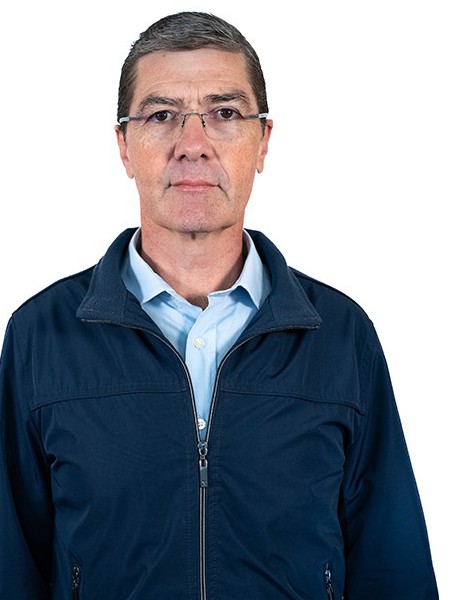resumo
The purpose of this work was to investigate the structural, thermal, micromechanical and tribological properties of novel polymer/metal composite materials for bearing applications. Copper (Cu)-filled Acrylonitrile Butadiene Styrene (ABS) composites were mixed in a laboratory scale by an internal mixer with two blade impellers, and then injection-molded. Neat ABS, ABS+5wt% Cu, ABS+10wt% Cu, and ABS+15wt% Cu were the four materials that were tested. The dispersion of Cu particles in the ABS matrix was investigated using Scanning Electron Microscopy (SEM) and a micro-tomography scan. The filler particles have a uniform distribution in the matrix, according to the observations. The incorporation of Cu filler also refined an increase in the glass transition temperature from Differential Scanning Calorimetry (DSC) and less intensity in the amorphous phase by X-ray diffraction (XRD). Nanoindentation tests were carried out to characterize the micro-mechanical behavior of the composites. Friction and wear analysis were also examined using a pin-on-disk tribometer. Compared with neat ABS, all the micro-composites showed much higher indentation hardness, Vickers hardness, and indentation elastic modulus. It was also concluded that the incorporation of Cu filler into ABS simultaneously improved the friction and wear properties of the composites, which contributed to the suitability of the micro-filled composites with hard metallic particles for a wider range of mechanical components for bearing applications.
palavras-chave
WEAR BEHAVIOR; MECHANICAL-PROPERTIES; DENSITY POLYETHYLENE; PARTICLE-SIZE; FRICTION; POWDER; CONDUCTIVITY; PEEK
categoria
Chemistry; Materials Science; Metallurgy & Metallurgical Engineering; Physics
autores
Akrout, M; Ben Difallah, B; Kharrat, M; Dammak, M; Pereira, A; Oliveira, FJ; Duarte, I
nossos autores
agradecimentos
The authors are very grateful to the Erasmus program for the grant given to the first author to carry out a scientific stay in Portugal.


